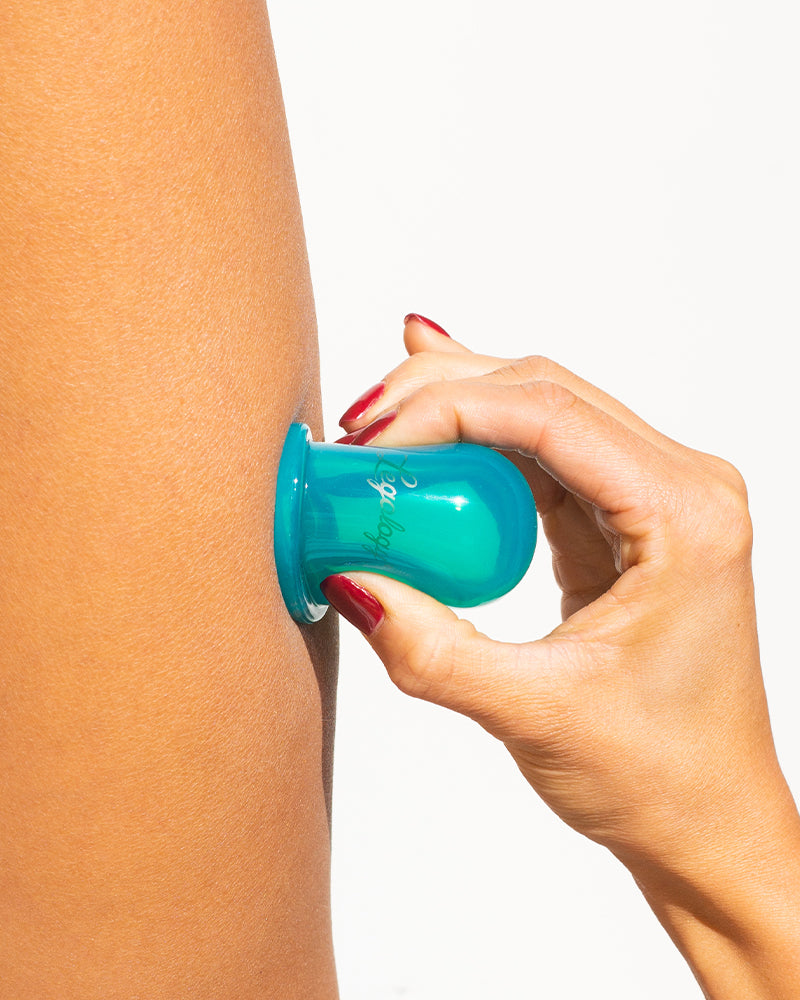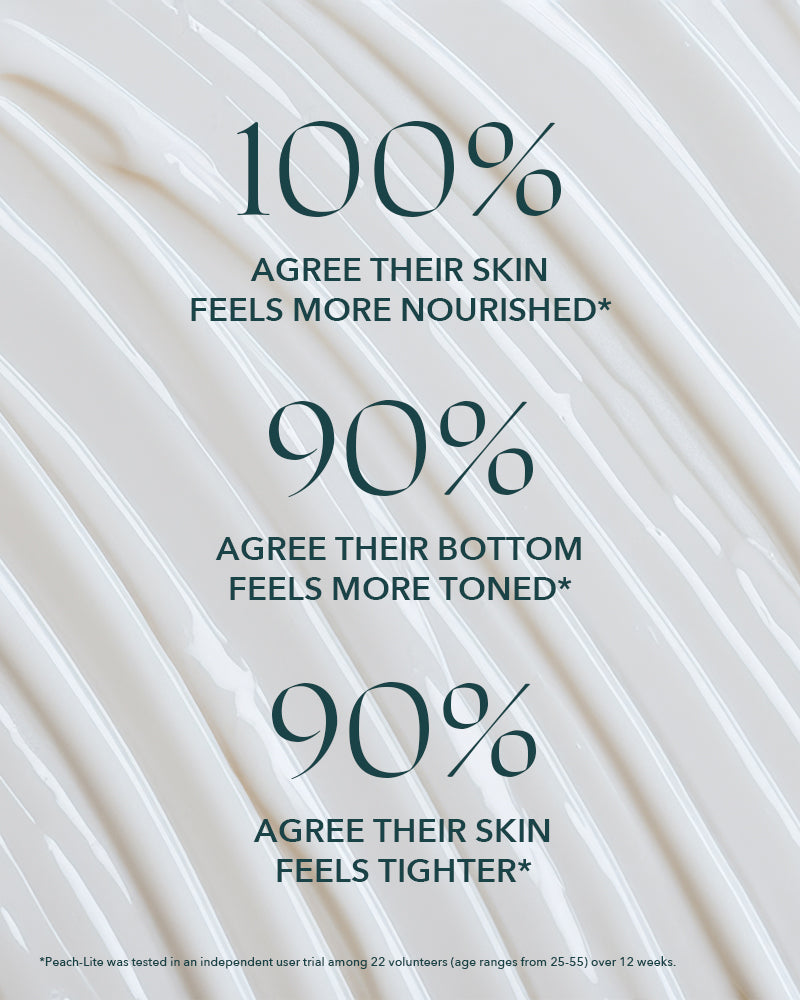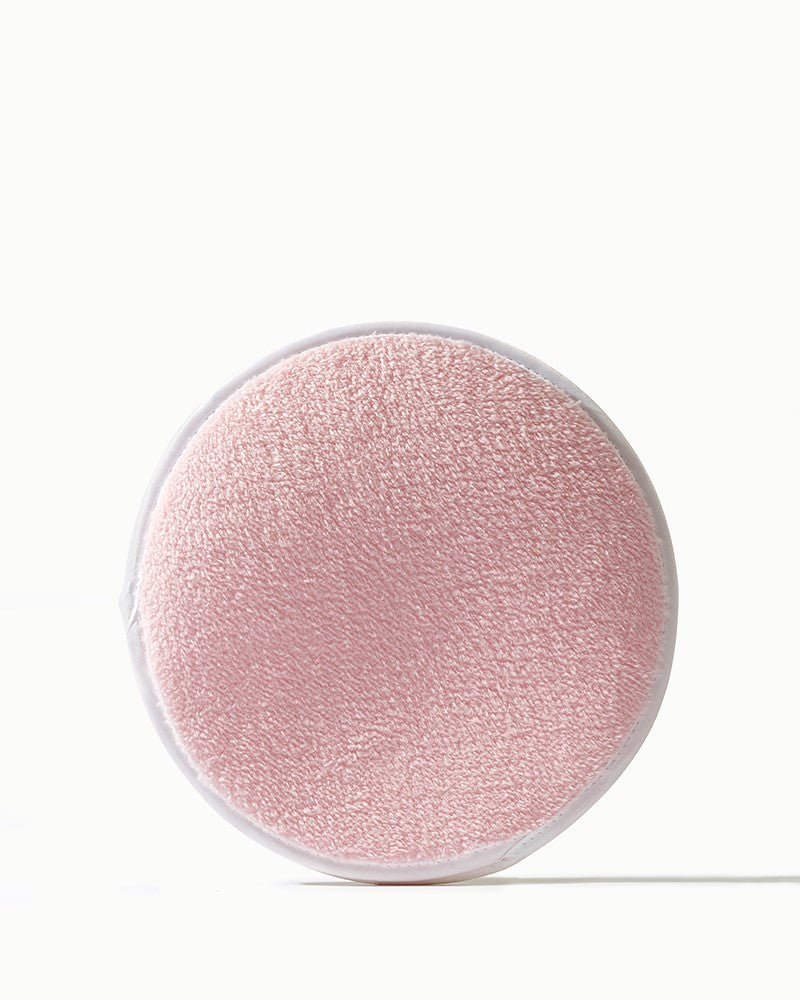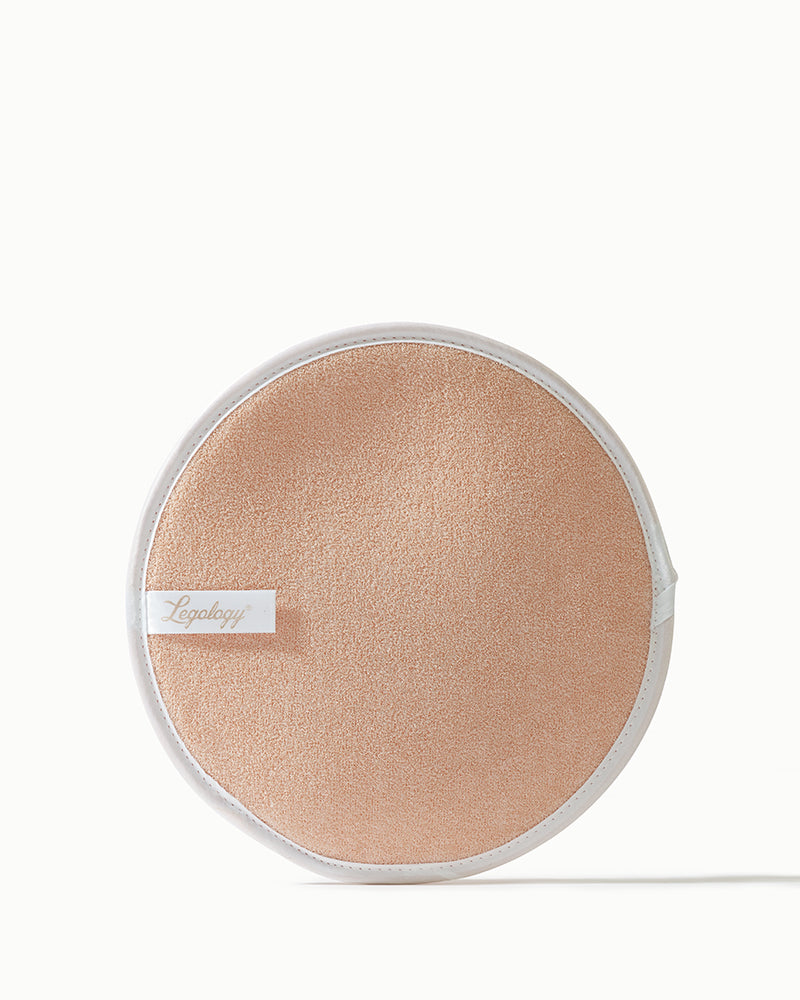What Are The 34 Symptoms Of The Menopause?

Menopause typically occurs between the ages of 45-55, with the years leading up to it as the menopausal transition, or perimenopause. Perimenopause can last for up to 14 years, and you can still feel the symptoms of menopause long after you have had your last period. These are main 34 symptoms women experience at this time of life:
1. Hot flashes
Hot flashes are among the most common symptoms of menopause. Suddenly you feel hot, sweaty, and flushed, especially in the face, neck, and chest. Some women also experience chills.
2. Night sweats
Night sweats are hot flashes that happen at night. Scientists are not sure why they occur, but it appears that falling oestrogen levels can affect the hypothalamus, which regulates body temperature.
3. Irregular periods
Throughout the menopausal transition, it’s normal to have irregular or missed periods. Eventually, a female will stop having periods entirely, and once 12 months have passed since your last period you are in menopause.
4. Mood changes
Mood changes are unpredictable shifts in mood that are not related to life events – watch out world, as they can make women feel suddenly angry, sad or weepy.
5. Breast soreness
Breast tenderness is another common symptom of menopause, though its frequency tends to decrease in the later stages.
6. Decreased libido
Menopause also affects libido, or desire for sex. This can be the direct result of having lower levels of testosterone and oestrogen, which can make physical arousal more difficult.
7. Vaginal dryness
As female sex hormones ensure that there is a good circulation of blood around the vagina, a lack of them can decrease blood flow and so natural lubrication.
8. Headaches
Someone entering menopause may get more frequent headaches or migraine episodes as a result of a dip in oestrogen. This can be similar to the headaches that some females experience before a period. But unlike a normal menstrual cycle, hormone levels during perimenopause can fluctuate more unpredictably.
9. Tingling extremities
During menopause, some females experience tingling in the hands, feet, arms, and legs. This symptom is the result of hormone fluctuations affecting the central nervous system and typically only lasts for a few minutes at a time.
10. Burning mouth
A burning mouth is another potential symptom of menopause and can manifest as a feeling of burning, tenderness, tingling, heat or numbing in or around the mouth. This is another result of hormonal changes. The mucus hormones in the mouth have sex hormone receptors, which decrease with a decline in oestrogen.
11. Changes in taste
Some women notice changes in their sense of taste, with stronger flavours, during menopause. Sometimes they goes with a dry mouth too.
12. Fatigue
Fatigue can be a distressing and frustrating menopause symptom. It can be the result of lower quality sleep due to hot flashes and night sweats or because of hormonal fluctuations themselves.
13. Bloating
Another common menopause symptom as stress can impact on the body by encouraging water retention, gas or slower digestion.
14. Other digestive changes
Female sex hormones influence the microbes a person has in their mouth and digestive tract. This can mean that during menopause, your gut flora changes in composition. You may also notice changes in your digestion or react differently to certain foods. If you’re wondering what helps the menopause, the right nutrition can play a big part.
15. Joint pain
Oestrogen helps decrease inflammation and keep joints lubricated. As a result, many women experience joint point because of decreased oestrogen. Oestrogen is responsible for regulating fluid levels through the body, so when we become low in this hormone we are more prone to joint aches or menopausal arthritis.
16. Muscle tension and aches
Women going through peri menopause or menopause can also experience muscle tension or aches for the same reasons as menopausal joint pain.
17. Electric shock sensations
Some experience sensations that resemble electric shocks during peri menopause and menopause. It’s not clear what causes this, but it may be due to changing hormone levels in the nervous system.
18. Itchiness
Because oestrogen is related to collagen production and skin hydration, a decline in this hormone can lead to increased itchiness or dryness.
19. Sleep disturbance
Your sleep can become lighter or disrupted for many reasons during menopause. Many women wake frequently with night sweats, wake up earlier, or find it difficult to get to sleep.
20. Difficulty concentrating
A decline in oestrogen can sometimes cause mental fogginess or difficulty concentrating. Hot flashes and sleep issues may also be contributing factors.
21. Memory lapses
As with concentration and focus, menopause can also affect memory. Again, this could be a direct result of lower oestrogen levels or compromised sleep.
22. Thinning hair
During menopause, hair loss or thinning is another result of ovarian hormonal fluctuations. This causes the hair follicles to shrink, meaning that hair grows more slowly and sheds more easily.
23. Brittle nails
During or after menopause, the body may not produce enough keratin, which is the substance that nails need to stay strong. This can lead to brittle, weak nails that crack or break easily.
24. Weight gain
Women can gain weight due for a number of reasons during menopause. A decline in oestrogen can cause weight gain, as can lower amounts of physical activity. Mood changes can also mean that we eat differently and that can cause weight gain.
25. Stress incontinence
Stress incontinence refers to a frequent or sudden urge to urinate. Some people also refer to it as an ‘overactive bladder’. This symptom is super common during menopause as changes in hormone levels can cause the bladder and pelvic muscles to become weaker.
26. Dizzy spells
The hormonal changes that take place during menopause affect insulin production, which can make it difficult for the body to maintain blood sugar stability. This is the main reason that some women experience dizzy spells during perimenopause and menopause.
27. Allergies
Some women report new or worsening allergy symptoms in menopause usually because of spikes in histamine.
28. Osteoporosis
During perimenopause, a decline in oestrogen can also result in a loss of bone density. In severe cases, this can lead to osteoporosis, which causes the bones to become more fragile and break easily.
29. Irregular heartbeat
Some women experience an irregular heartbeat, or arrhythmia, during or after menopause. If you do, it’s best to discuss this with your GP.
30. Body odour
Hot flashes and night sweats can increase body odour in menopause. If you feel stressed or anxious you may also notice that you are sweating more.
31. Irritability
Either due to hormonal fluctuations or the impact of other menopause symptoms, women going through the change may find that they feel more irritable. Stress or a lack of sleep won’t help with this.
32. Depression
For some females, hormonal imbalances may trigger depression, although this tends to be situational and may not be long term. A lack of sleep and stress can contribute to this. In some cases, menopause may trigger depression or low mood because of the change it signifies in a female’s life. Any significant life change can play a role in depression, even if the change is a positive one.
33. Anxiety
Anxiety is another mood-related symptom that some of us experience during menopause. It may get worse at night or only occur intermittently as hormone levels fluctuate. As with menopause-related depression, this anxiety may be situational and improve once hormones level out.
34. Panic disorder
In some cases, females may experience panic attacks during menopause. When these attacks occur unexpectedly or suddenly, they can indicate panic disorder. This may happen due to hormonal changes or the fear of feeling anxious itself.



















